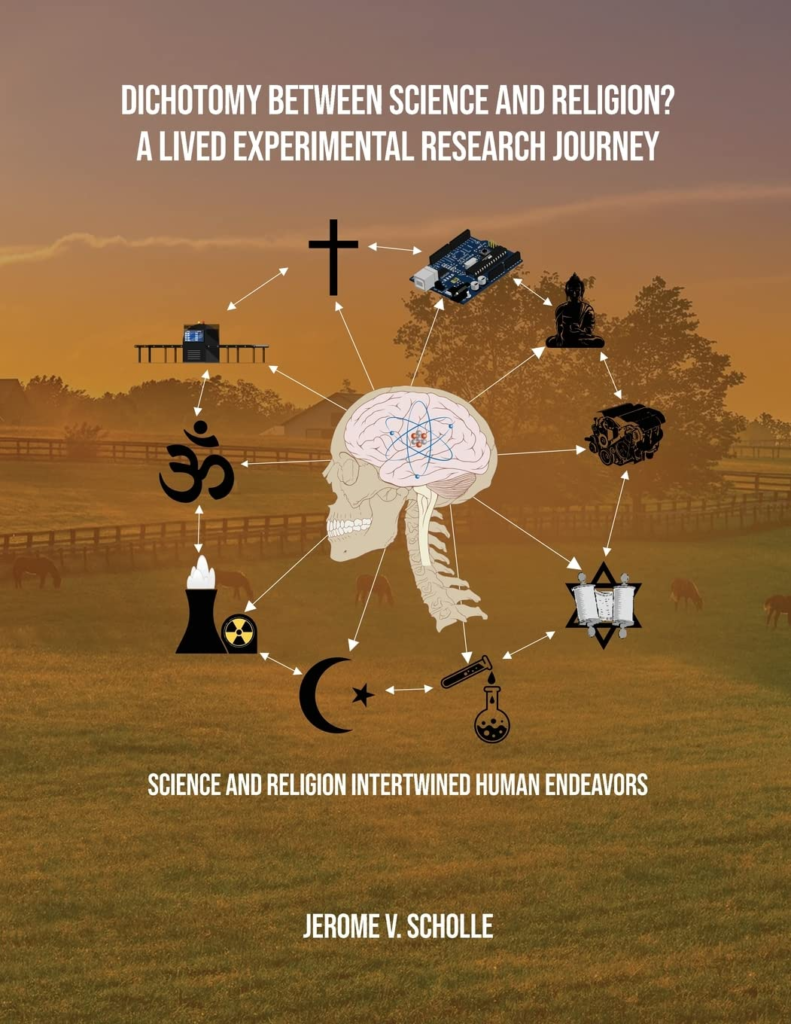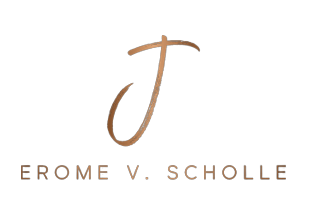Jerome V. Scholle’s compelling book, “Dichotomy Between Science and Religion? A Lived Experimental Research Journey: Science and Religion Intertwined Human Endeavors,” delves into his personal experiences, including his journey through addiction and mental health challenges. Within these experiences, Scholle emphasizes the crucial role of support networks, such as Alcoholics Anonymous (AA), and the profound impact of community and altruism. In this blog, we’ll explore how Scholle’s insights shed light on the importance of these elements in overcoming addiction and mental health hurdles.

The Journey to Recovery
Scholle’s book is a testament to the human spirit’s resilience and the power of self-discovery. It chronicles his personal journey, including his struggle with addiction and subsequent recovery. Through his experiences, readers can gain valuable insights into the transformative power of community, altruism, and support networks.
The Role of Support Networks
In “Dichotomy Between Science and Religion,” Scholle underscores the invaluable role of support networks in the recovery process. AA, in particular, played a crucial part in his journey to sobriety. Here are some key takeaways from his experiences:
Empathetic Community: Scholle’s involvement with AA introduced him to a compassionate and understanding community of individuals who had faced similar challenges. This empathetic environment fosters a sense of belonging and support crucial for recovery.
Shared Experiences: Sharing experiences and stories within AA meetings creates a sense of camaraderie. Scholle’s encounters with fellow members helped him realize he was not alone in his struggles, leading to feelings of hope and encouragement.
Mentorship and Sponsorship: AA encourages mentorship through sponsor relationships. Having a mentor, or being one, can provide guidance, motivation, and accountability. Scholle’s journey reflects the importance of these one-on-one connections in recovery.
Altruism and Giving Back: “Dichotomy Between Science and Religion” underscores how giving back to the community is an integral part of AA’s philosophy. Scholle’s experiences emphasize the therapeutic nature of altruism and how helping others can aid in personal recovery.
Lessons for Overcoming Challenges
Scholle’s journey through addiction and mental health challenges offers several key lessons:
Community Matters: The sense of community and belonging is fundamental in overcoming adversity. Whether it’s AA or other support groups, the presence of like-minded individuals can be a lifeline in challenging times.
Altruism Heals: The act of giving back and helping others in their journeys can be therapeutic. It not only provides a sense of purpose but also contributes to one’s healing process.
Shared Experiences: The power of shared experiences and storytelling cannot be underestimated. Opening up about struggles and successes creates a profound connection with others facing similar challenges.
Mentorship is Key: Having a mentor or sponsor can provide guidance and accountability. Scholle’s experiences within AA highlight the importance of mentorship in personal growth and recovery.
Jerome V. Scholle’s book, “Dichotomy Between Science and Religion? A Lived Experimental Research Journey,” beautifully illustrates how the combination of community, altruism, and support networks like Alcoholics Anonymous can be transformative in overcoming addiction and mental health challenges. His story serves as a beacon of hope, reminding us that recovery is possible through the power of human connection and shared experiences.
